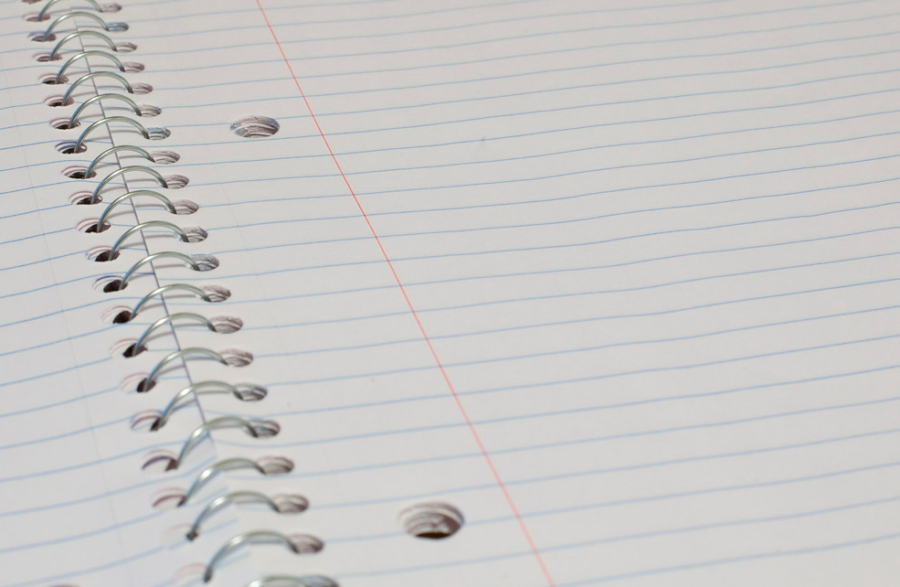Final countdown: Finals are just around the corner and students are stressing. Here are some tips to relieve the stress…
Finals are just around the corner and students are stressing. Here are some tips to relieve the stress…
December 23, 2019
Wake up. School at 8. Home at 4. Practice 4:30-7. Eat. Homework. Sleep. Repeat. High school students’ schedules are so crammed they barely have time to stress.
With finals quickly approaching, stress levels are rapidly rising in high school students all around Noblesville High School. According to students, the most common stressful things are failing, studying, and obsess over their grade at the end of the semester. Lucky for these students, experts offer study tips and stress relievers to help.
Lesser Known Study Tips
- Eating healthy snacks while you study is beneficial, but surprisingly, the opposite is also helpful
- Now we’re not saying to eat junk food, and drink soda, but according to studies at Loma Linda University, eating chocolate while
you study is actually good for you.
-
-
- Eating chocolate can reduce your stress levels significantly, as well as rejuvenating your memory and immune system.
-
- When taking notes in class try to hand write your notes in blue pen.
- Studies show that taking handwritten notes, especially in blue pen, will help you remember and retain the information more effectively.
- Chew gum while you study, but make sure you have a couple more pieces than you think you need.
-
- Studies have shown that if you chew gum while you study, and chew the same flavor gum when you take the test, it will trigger your memories from your study session the night before.
Sleep is Important
- It is extremely important to have a balance between studying and sleeping.
- Sleep helps our brains retain more information, so in contrast, a lack of sleep can cause your brain to not absorb as much information from your study session.
- If you are going to pull an all-nighter studying, even though it’s not recommended, try to take a nap before your study session or take a quick break for a nap in the middle.
Exercise
- As much as we all hate exercise, it is, in fact, helpful when studying.
- The increase in blood flow when exercising will help your brain engage more, helping you retain more information.
- So as bad as it sounds, try doing some light exercises before or during one of your breaks while studying.
-
Exercises and physical activities such as yoga can be very helpful for studying.
- The increase in blood flow when exercising will help your brain engage more, helping you retain more information.
Studying Notes
-
Most students believe that just looking over their notes will help them when studying, but that isn’t going to help as much as they think it will.
-
Instead of just re-reading your notes over and over again, try rewriting them.
-
Don’t just re-write them, though. Amy Meyers, a counselor at NHS and the operator of the Bring Change To Mind Club (BCTMC), suggests trying writing your notes with different types or colors of papers, in different types of pens, and write them differently in some way because you will be more likely to remember it.
-
-
Meyers recommends to “study [your notes] as if it were a test.”
-
Planning and Following Through
-
. You may be wondering how you can plan to study, and there are plenty of ways to plan for success on your tests.
-
Remember the schedule for finals, and plan to study only the classes you have the following day.
-
-
Once you have set a plan, whether it be a study time, study dates with friends, or just what classes you need to study, it’s undeniably important to follow through with your plan.
-
High school students have one of the highest levels of procrastination, so it’s very important to motivate yourself to study, and do it at the time you set aside for it.
-
When it comes to motivation, some people need to just set their mind to it, thinking about the effect on their grade, bringing it either up or down, while some need a little more inspiration. Putting post-it notes with motivational quotes somewhere you’ll see them, or setting your phone background as a reminder with a little bit of inspiration might be the way to go for you.
-
-
Meyers recommended to “do chapter one on Monday, chapter two on Tuesday or if it’s chapter one at 5 o’clock,
take a break, then do chapter two.” Setting a schedule such as this one can be very beneficial to you, getting the
breaks you need, but at the same time studying the content needed for your exams.
-
Before and During the Exams
-
Now that you’ve studied and you feel more than ready for the final exams, let’s talk about what you should do just before the test if you begin to stress.
-
Jacob Miller, a counselor at NHS, who is on the board of the BCTM club, said that before the exam some students like to “sit there and breathe and meditate and get ready to take the test.”
-
-
Many students feel like they can study the world away but as soon as the test is passed out they completely blank and forget everything.
-
Crossman said “sitting back and taking a deep breath real quick and then start over or just give yourself a second to regroup [could] be really helpful.”
-
-
Miller reminds students “don’t be afraid to go to your counselor.” If it’s to vent or ask for help, they are here for a reason, they want to help you.
Crossman emphasized, “finals are not the end of the world […] so don’t stress yourself.”




